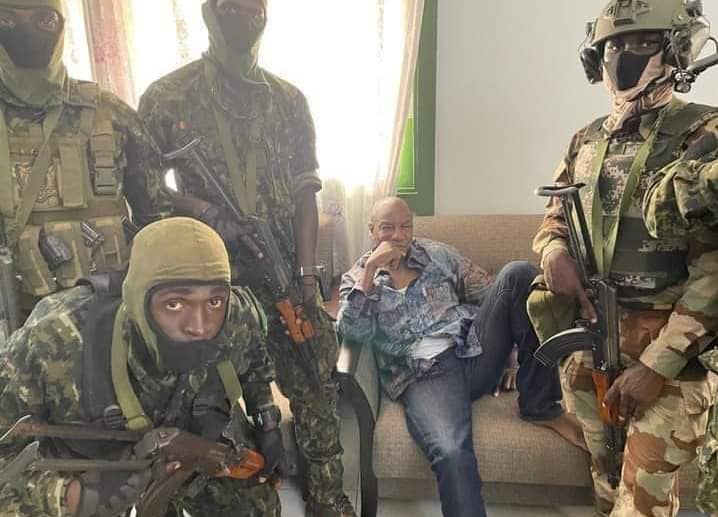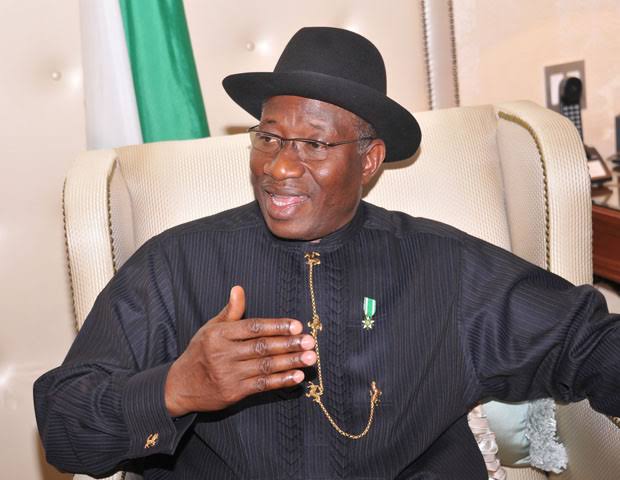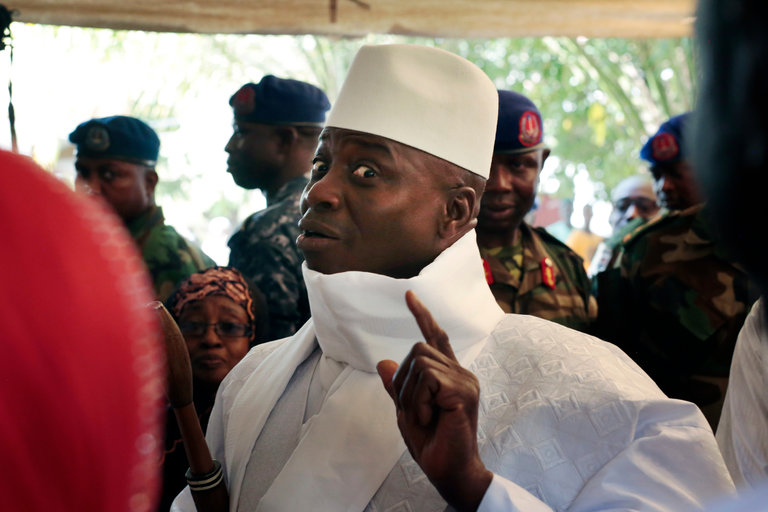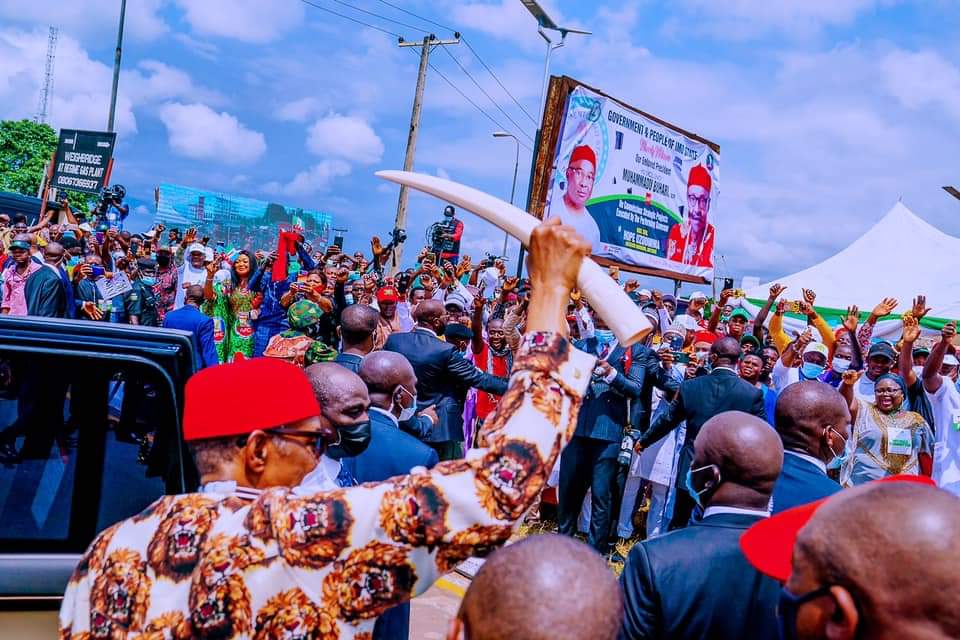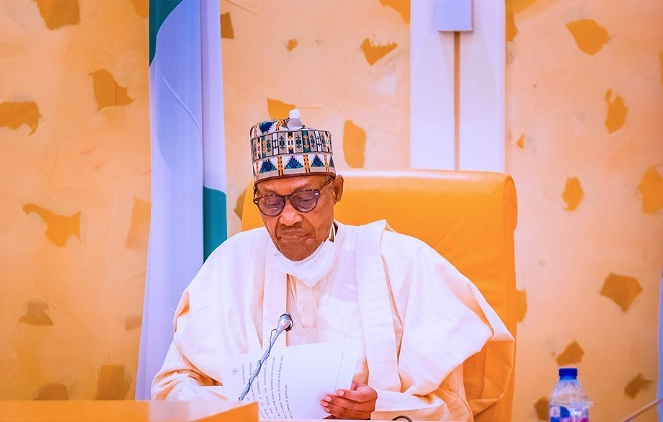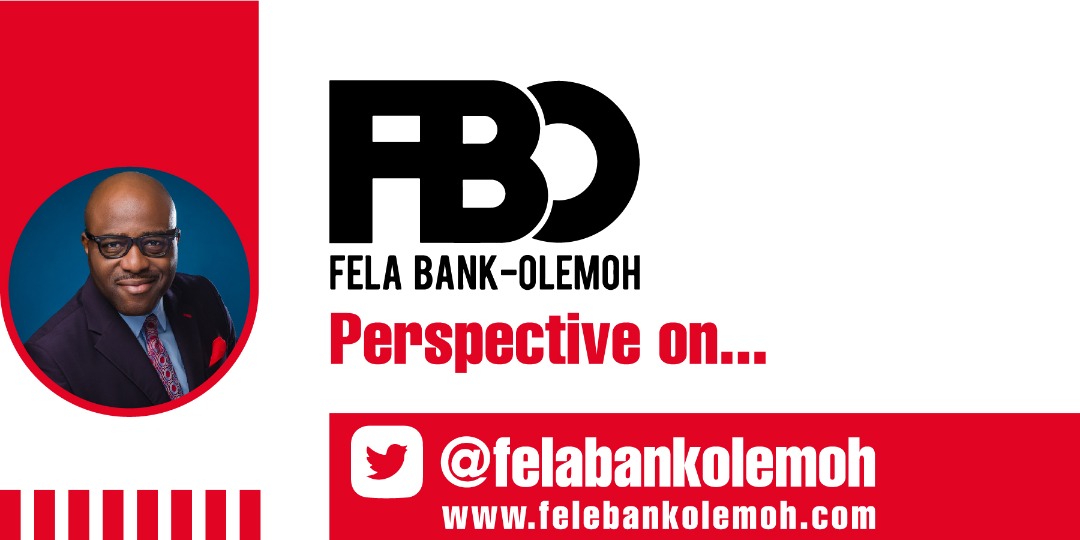Zambia’s peaceful and orderly election in August offered a glimmer of hope that Africa’s story might be changing.
For the third time in three decades, an opposition leader defeated the sitting president sending a message to the world that the continent may not be the incumbent’s lair after all.
Opposition leader, Hakainde Hichilema, didn’t just win; the incumbent, Edgar Lungu, accepted defeat and congratulated the winner.
But hopes that Zambia’s election could be a turning point have since dissipated, as soldiers in the West African country of Guinea overthrew the civilian government while the continent was still savouring its Zambia moment.
Advertisement
Eighty-three-year-old Guinean President, Alpha Conde, who wangled himself in place for a third presidential term in 2020 was kicked out of office, sparking images of deja vu in what would be the fourth military strike – three of them successful – on the continent in six months.
Was the violent and catastrophic fall of Conde inevitable?
I’ve heard the argument that Conde didn’t have to go; that his country needed him more than he needed the country, and that the crooked referendum by which he gave himself an extra 10 years was for the good of Guinea.
Advertisement
In an article published last October and entitled, “Why Guinea still needs Conde”, Nigerian journalist, Aniebo Nwamu, said, with a hint of satire, “Having elections every four years is a Western tradition. It’s expensive – and it achieves little for us in Africa. Only when an incumbent underperforms should we have cause to seek their replacement.”
Well, Conde is what you get for the mistaken belief that politics can produce messiahs. The veteran leader of the opposition, who proclaimed himself Guinea’s Mandela, couldn’t overcome the temptation to match Paul Biya’s disgraceful record in self-perpetuation.
It is precisely because politics is inherently incapable of producing messiahs that term limits are needed to save the system from abuse, encourage competition and accountability and potentially inspire a new generation of leaders with new ideas.
Sure, if Conde had served out his additional two terms of 10 years bringing his total to 20 and later stepped down at 93 years of age with his juices still flowing, he would still not have outdone his predecessors, Ahmed Sekou Toure, who ruled for 26 years; or Lansana Conte, who ruled for 24.
Advertisement
And that is part of the reason Guinea is where it is today. That country, like its cousins across much of Africa, has had the misfortune of leaders who take their countries for a ride. They tell themselves that they are performing well, and that they are also indispensable. Why waste time and public resources to test performance by periodic ballot when even the blind ought to see the benefits of the indispensable leader?
The result, unfortunately, is what happened in Guinea on Sunday. Not that any of what the apparent coup leader, Mamadi Doumbouya, said to justify the coup makes sense.
It doesn’t. It was an insult for him to speak as if soldiers have a monopoly of patriotism, that they are the Salvation Army unspoiled by endemic elite corruption and just waiting to save the country and hand it over to long-suffering citizens. Nonsense.
Africa has been here before, ruled by military strongmen with the God complex. And the continent still carries the scars of the abuse of power and millions of lives lost to instability and conflicts often rooted in violent and disorderly transfer of power caused by military dictatorships.
Advertisement
At the nadir of its infamy, a Nigerian military chief, General Salihu Ibrahim, regretted that the army that was supposed to be on a rescue mission had lost its way after 26 years in power and become a part of the problem.
In his words, it had also become “an army of anything goes.” At the time, civilians had been in charge for only seven out of 33 years of Nigeria’s independence. Soldiers, who were in charge for the rest of the time had become the piston of the engine elaborately documented in Tom Burgis book, “The Looting Machine.”
Advertisement
Guinea wasn’t different. And the claim of its new military leaders to sainthood is an insult that suggests that the coup leaders are in denial of their country’s history. From Lansana Conte to Moussa ‘Dadis’ Camara, who were both soldiers, The Looting Machine documents monumental fraud in Guinean iron ore contracts up and down the corridors of power, reaching to the innermost circles of the military elite’s family members and merrily perpetrated with their active support and connivance.
Events in Niger, Chad, Mali and now, Guinea, are particularly troubling not only because of their contiguity but also because all four are Francophone. There are nine Francophone countries in West Africa and the four troubled ones make up 17 percent of the region’s population of 441million.
Advertisement
Paris has, of course, maintained a curiously prudent silence since Sunday, letting the UN do the difficult job of calling out the new military regime in Conakry. But French silence speaks louder than words.
The stifling grip of France over the economies of these countries, which virtually sucks the life out of them, has compounded the misery and vulnerability of a number of the Francophone countries.
Advertisement
There are other complications, of course. The collapse of Libya, for example, has aggravated the spread of arms in the Sahel and re-energised extremist tendencies among the Tuaregs and other jihadist groups in the region.
Climate change has complicated matters for the agrarian and herder populations in these areas, and on top of that, the COVID-19 pandemic sparked predictions of Armageddon. It’s difficult to say what could be the most potent single factor in the adverse wind blowing across the Sahel.
Yet, some swear that of all the possible reasons, the potential complicity of Paris, and the pushback by a few leaders in the area fed up with being France’s puppets, could be the most significant factor.
Did Conde fall because of his country’s resistance to the incredibly lopsided CFA arrangement, a legacy of French colonial rule, which ties 50 per cent of the deposits of 14 Francophone countries to the French treasury at a fixed rate? What did the French military, which has a significant presence in the region, know about the coup in Mali? Did they look the other way during the palace coup in Chad?
It’s hard to nail the last straw. However complicit outside influence may be in the recent turn of events, African leaders must take responsibility.
It’s true that adverse conditions such as Ebola, destabilisation in the Sahel, reports of ex-servicemen joining non-state actors, and the COVID-19 pandemic affected the fortunes of Guinea and the subregion as a whole.
But the political elite, at the state and subregional levels, needs to show that it understands the nature of the threat and stop feeding the fire by its indifference, irresponsible conduct – or both. From Guinea to Mali and from Nigeria and Cameroon, the political elite has mismanaged, and even inflamed, ethnic tensions with their insensitivity.
Tolerance for press freedom is declining and opposition parties, where they are tolerated, are treated like the enemy. Even within the ruling parties, dissenting voices are sidelined and governance is often a privileged few talking to themselves.
Bad examples have become so widespread and inspirational leadership so scarce that until recently former US President Donald Trump seemed to be the new standard.
The slide must stop. And a good place to start would be for leaders in the subregion to take a hard, long look at themselves and begin to live up to the standards they promised their citizens.
After watching Chad and Mali fall without consequence, soldiers in Guinea are obviously tempted to ask themselves, why not?
Before this hubris takes root, the Economic Community of West African States (ECOWAS) and the African Union must go beyond tepid statements. They must demand the immediate and unconditional restoration of President Conde, and lay down the consequences of non-compliance.
That is the only language bullies understand – consequences. When ECOWAS took a stand in The Gambia, Yahya Jammeh didn’t need an interpreter to know there would be consequences if he refused to step down after losing the ballot. The soldiers in Guinea need a similar lesson, now before the string of coups become a cascade.
Ishiekwene is the editor-in-chief of LEADERSHIP
Views expressed by contributors are strictly personal and not of TheCable.
Add a comment

